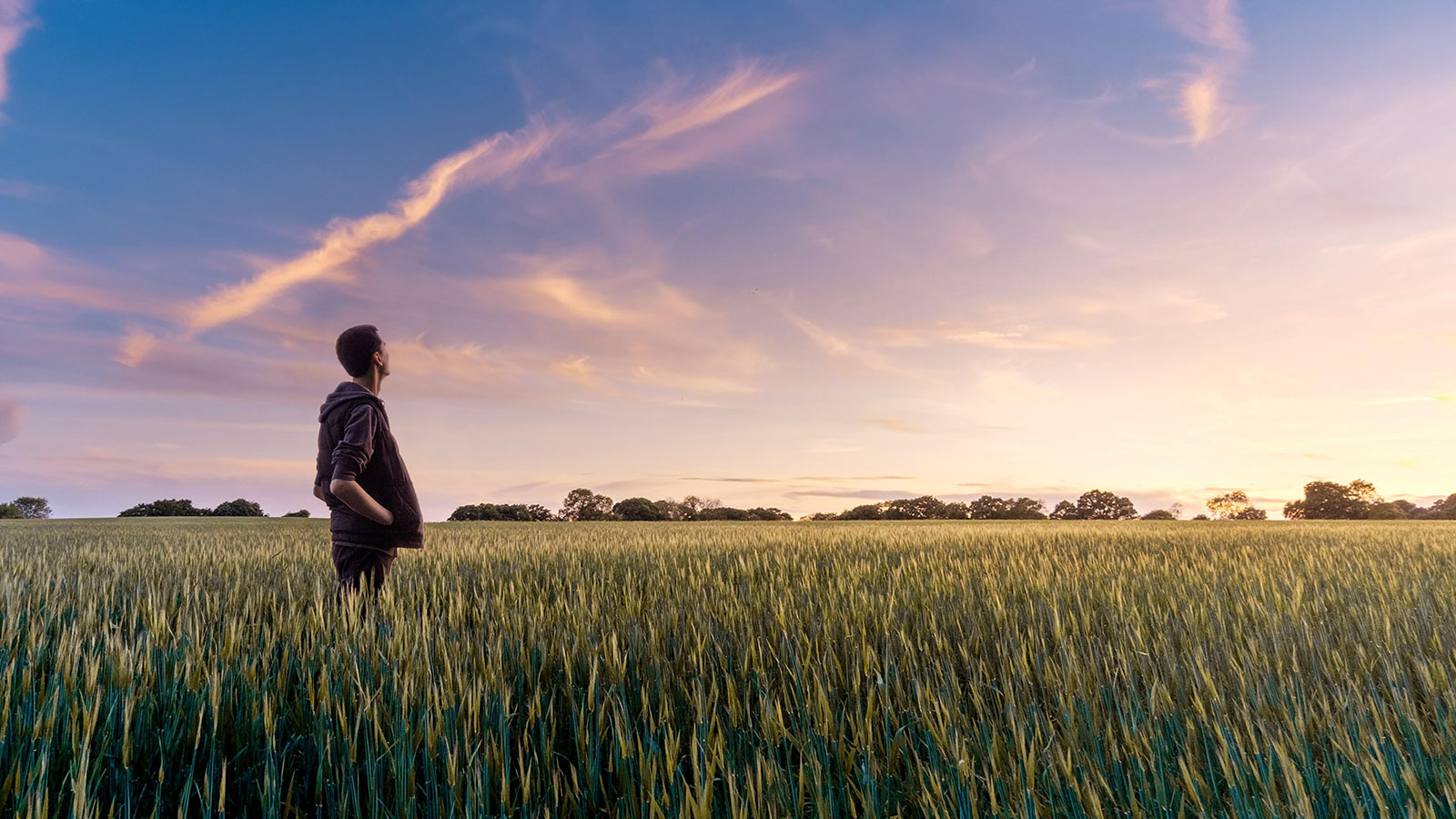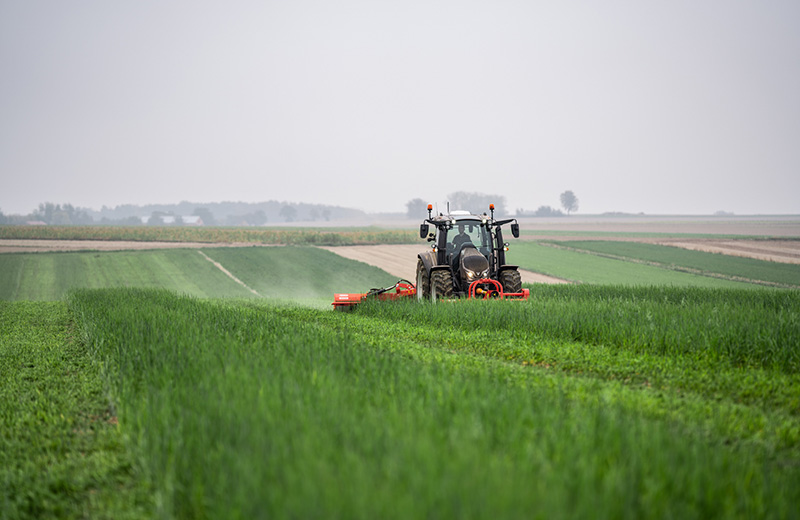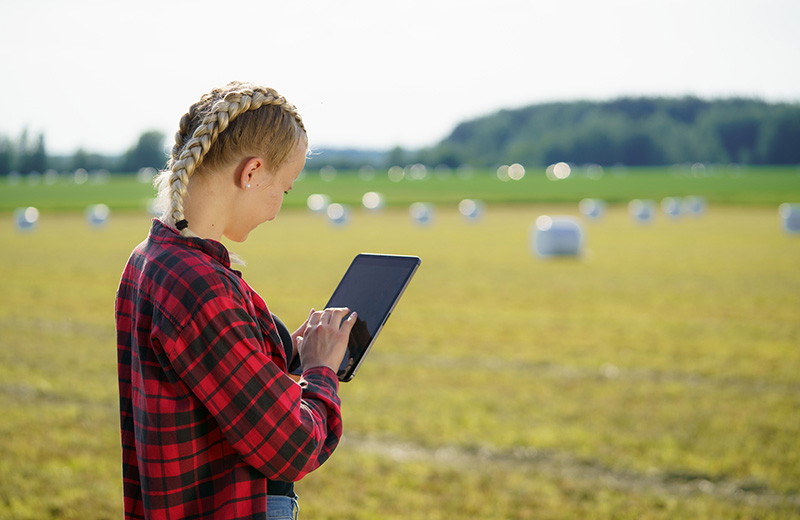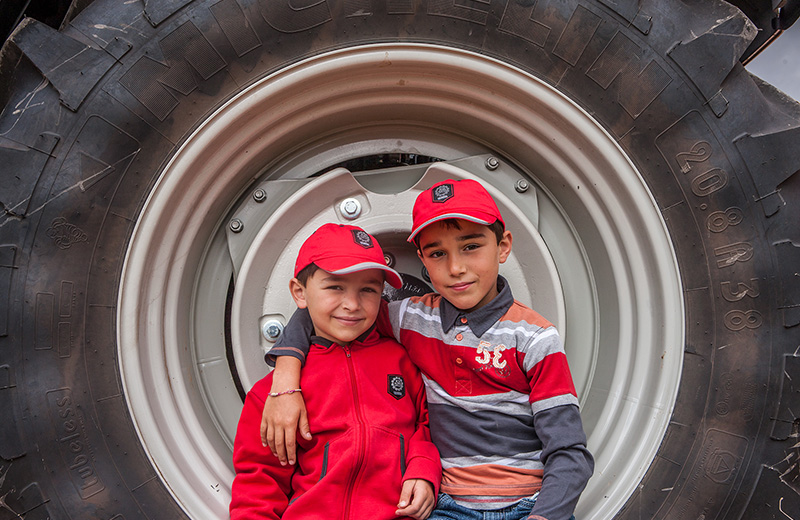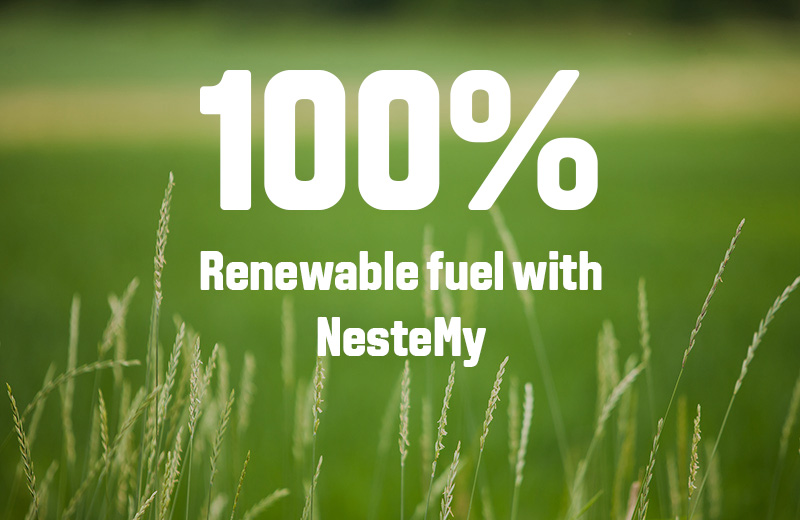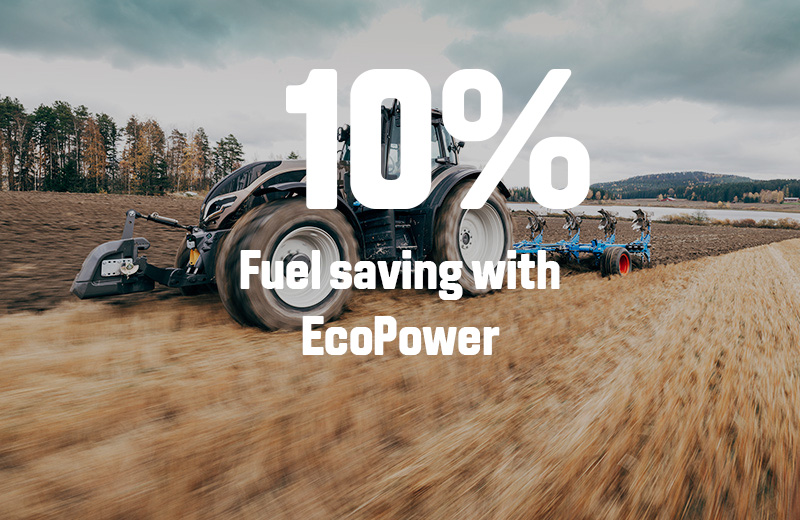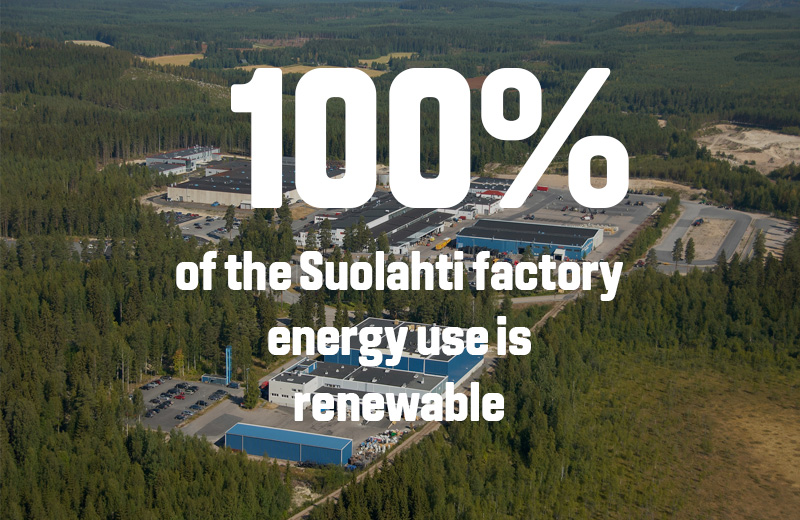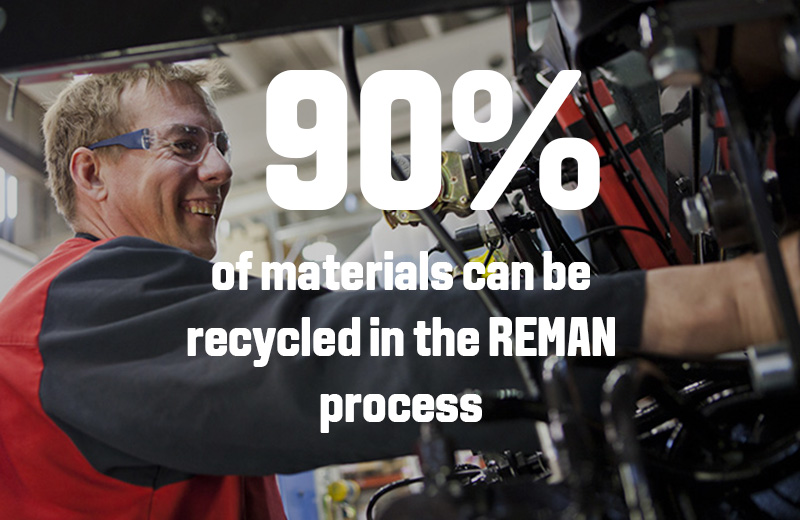Everybody has a part to play in making the world a better place to live. Making sustainable choices is vital, and different industries have a huge responsibility in leading the way. The best results can often be achieved by focusing on one's own expertise and understanding how the world can benefit from it. At Valtra, we know machines - versatile, reliable, and durable tractors that are built to last.
We also know our customers. They are at the heart of all Valtra's operations. Everything we do is to make their lives easier. Therefore, the purpose for Valtra's sustainability actions is to protect the livelihood of farmers, and as such, our business, employees, stakeholders and, of course, the land.
Read on to see how sustainability is at the root of everything we do at Valtra
VALTRA’S SUSTAINABILITY FOCUS AREAS
We are committed to developing and improving the sustainability of all our operations, interactions, and relationships through three key focus areas.
Renewable fuel research with the Finnish Future Farm Project
Together with partners Neste, AGCO Power, and Nokian Heavy Tyres, Valtra is undertaking research into the effects of using Neste MY Renewable Diesel in Valtra tractors. Watch the video to find out more. The research forms part of the Finnish Future Farm Project by Jyväskylä University of Applied Sciences (JAMK), and is jointly funded by the European Union and Keski Suomen Liitto The Regional Council of Central Finland.
SMART MOVES MADE EASY
To enjoy better yields the soil must be in prime condition. To comply with regulations carbon emissions need to be kept in check. The answer is a smart machine that helps you work sustainably every day. Optimal accuracy, precision and efficiency is ensured and complying with regulations becomes automatic. Smart Farming technologies will save you time, money and keep your land profitable, and the best thing is that you don't even have to think about it.
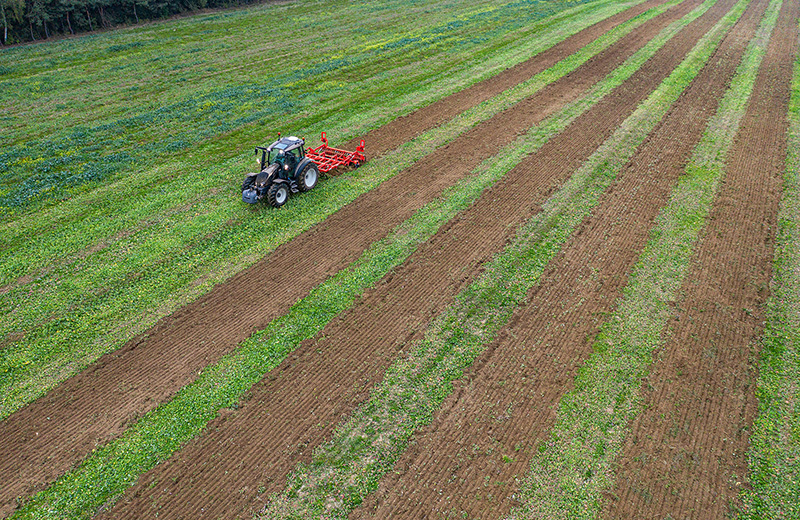
Smart Farming for healthy soil
Smart Farming is the way to boost the health of your soil for better quality yields. Optimizing nutrient and pest control efficacy, managing compaction, and machine optimization are key opportunities where farmers can use the correct data to increase yield and improve the environment. Sequestering carbon into agricultural soils and boosting crop yields is a natural win-win for both farmer and environment.
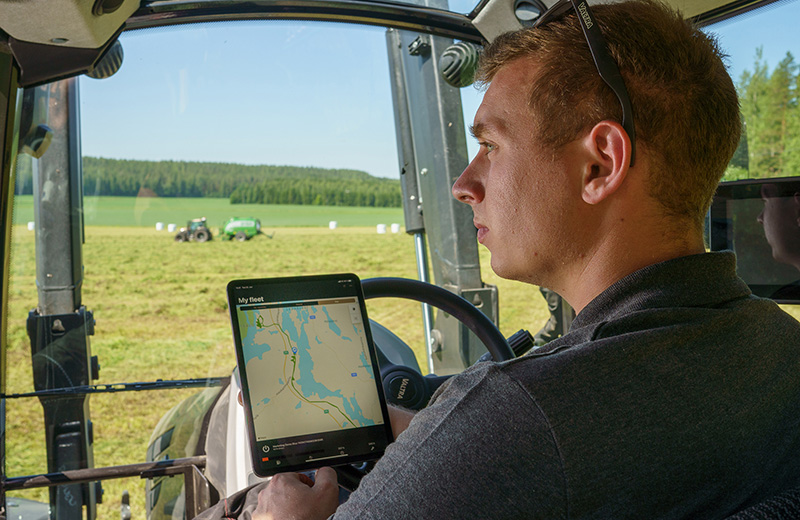
CARBON FOOTPRINT REDUCTION
Smart Farming uses advanced technology to increase productivity while reducing energy waste. Improving operational efficiencies reduces fuel consumption and lowers costs. To support this, we are continuously looking into and developing alternative fuel solutions. We both meet and exceed the local emission standards with our Stage V compliant AGCO Power engines.
CHECK OUT HOW SMART FARMING CAN MAKE YOUR WORK MORE SUSTAINABLE!
RIGHT TIME
Know the perfect timing for your tasks based on the weather history of your farm and optimize long-term yield by increasing cropping cycles and double cropping. Whatever the task, the right timing means the most profit.
RIGHT PLACE
Follow waylines precisely, be connected to what is happening on the ground and maximise the cultivated area. Whether you're planting, tilling, spraying or harvesting, you will save time, fuel and money.
RIGHT APPLICATION
Save resources and improve crop quality by applying just the right amount of fertiliser or spray to each part of the field, making adjustments on-the-go. Everything is recorded as you work, making complying with regulations a breeze.
UNIQUELY VALTRA
At Valtra, we believe actions speak louder than words. We are proud of our longstanding work and achievements in sustainability. From exciting co-operations with our partners to sustainably operated factories and unique products and services, with Valtra, you can rest assured that your machine is the most sustainable choice on the market.
READ MORE FROM OUR BLOG
AGCO SUSTAINABILITY GOALS
Valtra is a worldwide brand of AGCO and fully complies with the parent organisation's sustainability goals. Together we are stronger and more able to prioritise sustainability actions and investments that make the greatest and most immediate positive impact on farmers and our industry.
We recognise the importance of the United Nations Sustainable Development Goals (SDGs), which aim to make significant progress on global economic, social, and environmental challenges by 2030. From fostering sustainable food production to encouraging effective partnerships, our sustainability priorities align with six of the United Nation's SDG's.

